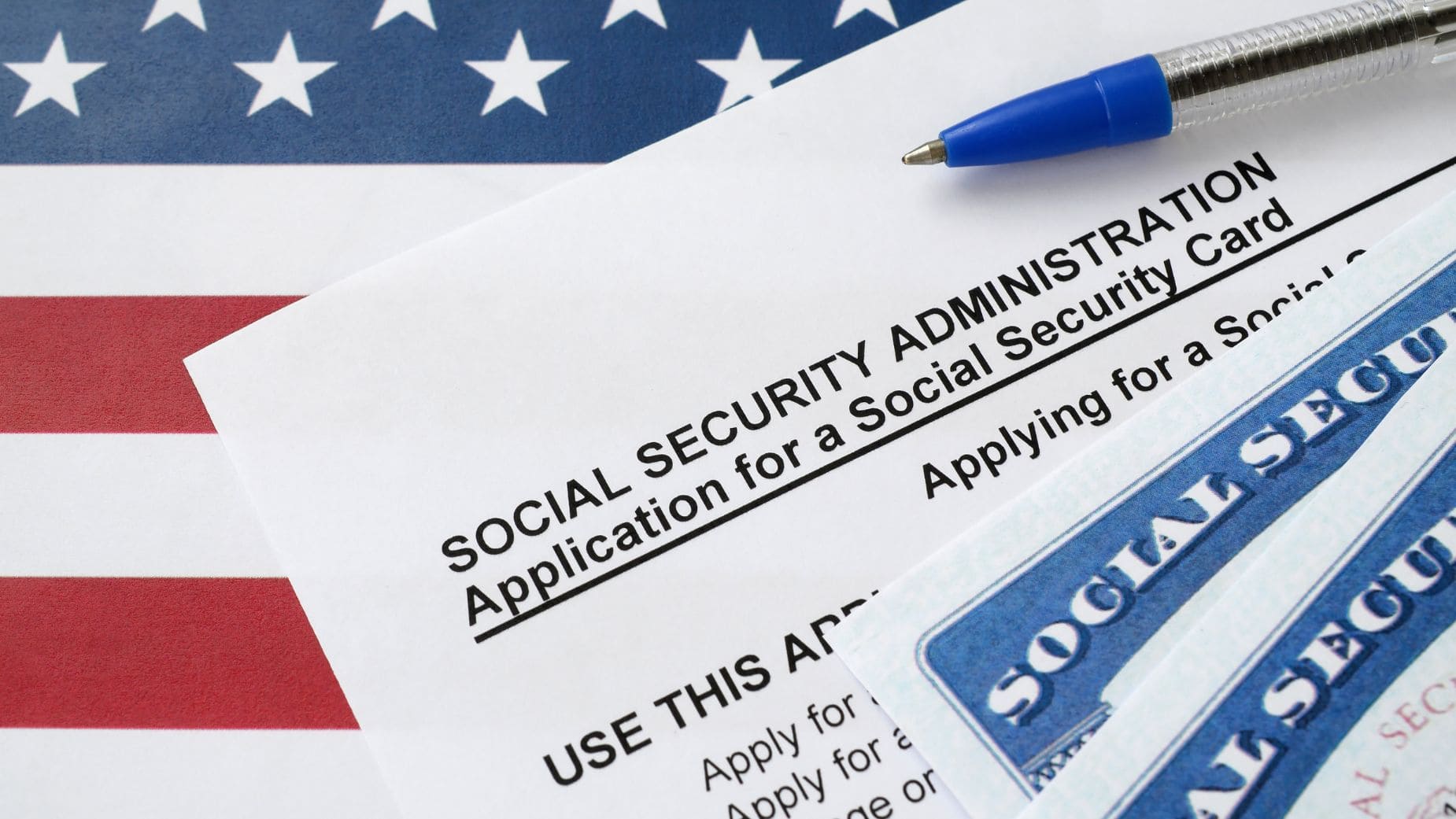Although United States citizens think that Social Security checks are only for seniors, the truth is that the Administration sends different payments every month. So you don’t have to be a senior to get one of these monthly payments. There are other categories, as well as other types of payments that can arrive every month to our checking account.
However, each of these checks has certain requirements, so we must take this into account when applying for them. As soon as we meet the conditions established by Social Security we will be able to apply for them, but we will have to wait until the Administration accepts them. So the documentation sent should be the first step, but the acceptance has to come later.
Also, there is an extra payment for Americans. This other payment is not retirement or anything like that and can give up to $943 to each American. Mind you, it also has its requirements. If you don’t want to lose sight of all the benefits available, check the requirements so that you can have a little extra money from Social Security each month.
Social Security benefits for Americans
There are four main benefits. Three of them actually share the same category. So we can’t combine those payments with each other. The fourth Social Security benefit is a completely different category, so it can be combined with any of the other three.

Let’s look at these benefits that Americans can claim:
- Age Retirement Benefits. These benefits come after working a minimum of 10 years. Each beneficiary has a different check and there are several factors that influence the amount we will get every month. The minimum age to request this check is 62, although it is not advisable to request payment at this age, since we would lose a large part of our payment.
- Disability benefits. Disability checks are in the same category as age retirement. Therefore, it is not possible to collect these two Social Security payments at the same time. The maximum check for this benefit matches the maximum check for Full Retirement Age, $3,822 per month.
- Widow’s, widower’s, orphan’s, spouse’s benefits…. There are many other different payments in this third category and each has its own requirements. If you are in doubt as to whether or not you can apply you should ask for help from the SSA for all the details.
- Supplemental Security Income benefit. This monthly check has a maximum payment of $943. The payment is not for all Americans, but many more than apply for it can get it every month. Supplemental Security Income does not require a Social Security retirement payment, but the two checks are compatible.
Retirement, disability, and Tier 3 benefit payments follow a closed payment schedule. Pre-1997 retirees get payment on the 3rd day of each month, with some exceptions. All other post-1997 retirees always receive a check on the second, third or fourth Wednesday of the month, depending on their birthday.
The Supplemental Security Income benefit is paid on the 1st of each month, except for months when that day is a holiday or weekend. In that case, the Social Security Administration sends this payment on the immediately preceding business day. The amount of this benefit does not affect the day of payment, and all beneficiaries of this type of check can be paid on the same day.




